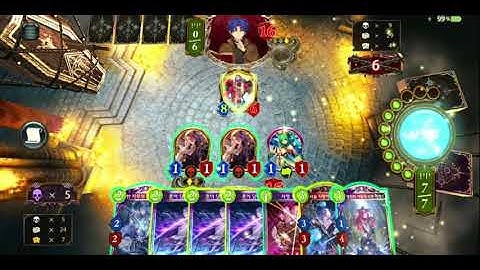When the harmony against the Fortuna, there is formal options. A game between Braunschweig and Cologne is also conceivable as Duel Eintracht Trier with FC Fortuna Mombach. In East Berlin you may remember the last amateur Derby Eintracht Mahlsdorf against Fortuna Biesdorf. But of course, the majority of only one encounter will think: Eintracht Frankfurt against Fortuna Dusseldorf.
Clubnames contain a series of obvious and "useful" information: the place, maybe the sport, sometimes the year of the foundation. But there is also a number of words that are at first glance only deco - neither informative nor for demarcation, see Eintracht and Fortuna . So why are you?
_ +++ This text is part of the We series via football association names._ _ About this tool you can display yourself the distribution of different terms such as Eintracht, TSV or Blue-White. +++ _
The German youth power (DJK) dominates "appeal" associations. Kicker / Datawrapper
The language scientist Dieter Stellmacher refers to these additives as "nickname" - and distinguishes several typologies such as colors or economic remuneration. Other categories seem somewhat diffuser, but can be summarized insofar as the nicknames have a certain appeal character - be it the strength ( Titania ), luck ( Fortuna ) or home ( Borussia ). On the one hand, appeals seem identity-foundatory, on the other hand, the nicknames also point to historical contexts of the bins. In other words, they are not just deco.
Only the Latin trend, then english influences
The choice of the nickname of an association can have very different reasons. And often a large portion of chance was actually in the game, as the example of Borussia Dortmund proves (the tradition named after a local brewery, whose badge random in the tavern hung in which one founded the BVB).
But certain trends in the nicknames are well recognizable. Striking is about the frequent use of Latin designations. Be it Roman deities like Fortuna , Viktoria or Concordia or latinished geographical terms such as Teutonia or Alemannia . The oldest still existing football club in Germany also bears a latinished name: the Berliner FC Germania 1888. His story is exemplary for the Latin trend in the formation phase of German football. Unlike the end of the 19th century-dominating gymnastics, football was in its beginnings a sport, which was played mainly on high schools and universities. The BFC Germania was founded in 1888 by students of Askanian Gymnasium in Berlin. As a scholar language, Latin played a significant role in humanistically embossed schools - and found his way in German football from there.
Holsatia, Saxonia or the Rhine: "Gaudnungspatriotism" also reflects regional. Kicker / Datawrapper
By way of example, the BFC Germania also stands for another trend in naming: the use - in turn often latinistered - geographic covers. Sports Historician Christiane Eisenberg explains this with a widespread "Gesinnungspatriotism" in the German Reich at the end of the 19th century. This suggested in terms such as Germania, Teutonia or Borussia, but also in the use of regional references such as Bavaria , Hassia or Westfalia (to the scroll and zoomable "regional card").

Often clubnames simply refer to the act and the goal of their founding: the association. Nickname such as Eintracht , Union or Sportfreunde gave and give this connectedness expression. But not all trends of naming are still visible today. The multiple of English worn to Germany football also found entrance in the "language of clubnames". English references were not uncommon in the founding phase of German football - today you will find them only occasionally in clubs, such as the Kickers Offenbach or the Stuttgart Kickers.
Still today the Catholic Church
Most Catholics live in NRW and Bavaria. There are also striking many DJK clubs (red). Blue marked are Prussia and Borussia clubs. Datawrapper / Kicker
Some appeals "hide" even behind abbreviations. Thus, the numerous DJK S (German youth power) witnesses that churches in the founding phase of the sports clubs had an influence. The origin of the clubs is in the youth movement of the late 19th century, here specifically in the Catholic. Even today, the distribution of DJKS correlates with the proportion of Catholic church members (see map to DJK and Borussia / Prussia).
Forget should not be forgotten at all that: a nickname in the club name is not a must. According to Kicker database, "he, without colors, only about 15 percent of all football clubs in Germany. Which filter was set here? Kicker / Tableau Hier is the interactive tool for browsing, searching and finding ...
Comments
Post a Comment